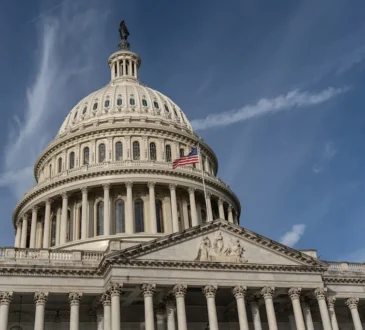
Daijiworld Media Network – Chennai
Chennai, Oct 26: In a landmark ruling, the Madras High Court has declared that cryptocurrency qualifies as “property” under Indian law, capable of being owned, enjoyed, and held in trust.
Delivering the order, Justice N. Anand Venkatesh noted, “There can be no doubt that cryptocurrency is a property. It is not a tangible property, nor is it a currency. However, it is a property which is capable of being enjoyed and possessed (in a beneficial form). It is capable of being held in trust.”
The court drew on precedent from Ahmed G.H. Ariff vs CWT and Jilubhai Nanbhai Khachar vs State of Gujarat to expand the legal understanding of “property,” emphasizing that it includes every valuable right or interest with exchangeable value.

The ruling was delivered in a case where the applicant sought protection for her holdings of 3,532.30 XRP coins on the WazirX platform, which had been frozen after a 2024 cyberattack. The court recognised her holdings as her property and restrained any interference pending arbitration proceedings.
Justice Venkatesh highlighted that cryptocurrencies, though essentially streams of 1s and 0s on a blockchain, are assets capable of being owned, transferred, and stored. He also noted that crypto falls under the definition of a “virtual digital asset” in Section 2(47A) of the Income Tax Act, 1961, and is not treated as a speculative transaction.
The court referred to international precedents, including:
• Ruscoe vs. Cryptopia Ltd (New Zealand, 2020) – cryptocurrencies as intangible property capable of being held on trust.
• AA vs. Persons Unknown (UK, 2019)
• ByBit Fintech Ltd v. Ho Kai Xin (Singapore, 2023)
• SEC vs. Ripple Labs (US, 2023) – treating crypto tokens as property or commodities.
The judgment provides legal clarity on cryptocurrencies in India, with potential implications for taxation, inheritance, insolvency, and contractual enforcement involving digital assets. Justice Venkatesh observed that India has the opportunity to design a regulatory framework that balances innovation, consumer protection, and financial stability.




